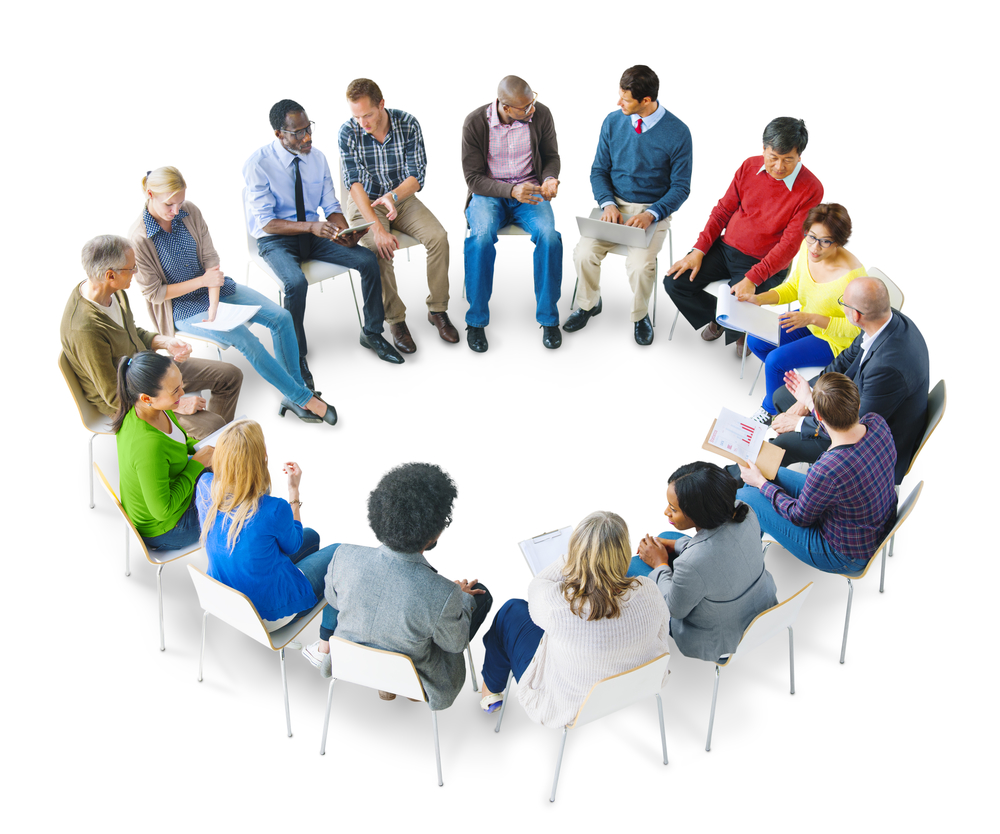What Is The Role Of Architecture In Creating Social Interaction Spaces In Urban Areas?

Hi, funny people! Here's an interesting topic to help you understand why social interaction plays a crucial role in learning. Everyone knows that socialization is essential, especially during our school years. But, what most people don't realize is that social interaction has a significant impact on our learning abilities.
Here are some interesting facts to help you understand how social interaction affects our learning:
1. Improves Memory Retention
When we learn something alone, we tend to forget it easily. But with social interaction, our brain cells work actively, and we become more conscious of what we are learning, which leads to better memory retention.
Explanation
Our brain is wired to remember things better when there's a context to what we're learning. Social interaction, group discussions, and debates usually provide a context or a story to our learning, which makes it easier for our brain to remember the information.
2. Encourages Active Learning
Learning can be passive if done alone, which means we absorb information without applying or testing it. But in social interaction, we are encouraged or even challenged to apply what we've learned in different scenarios. This active learning approach is more effective in retaining knowledge.
Explanation
Social interaction provides us with opportunities to test our knowledge and apply it in real-life situations. For instance, group discussions and debates encourage critical thinking, which helps us improve our research skills and analytical thinking. Active learning builds a stronger connection between the learned information and our memory, making it easier to retain knowledge.
3. Enhances Communication Skills
Developing communication skills is crucial, especially in today's world. Social interaction, group discussions, and debates are the perfect platform to develop communication skills, which can positively impact our personal and professional life.
Explanation
Social interaction provides us with opportunities to speak our minds, interact with others and listen to different opinions that help us improve our communication skills. When we learn how to articulate our thoughts effectively, we build relationships and networks, which positively impact our personal and professional life.
4. Boosts Confidence Levels
Confidence is a crucial element when it comes to learning. Social interaction helps boost our confidence levels by providing us with support, feedback, and appreciation that we need to keep learning.
Explanation
When we learn something as a group, we are encouraged, acknowledged, and appreciated, which increases our confidence, making us more willing to participate in class and share our thoughts. Our confidence levels play a crucial role in our learning abilities and how we perceive ourselves.
5. Reduces Stress Levels
Learning can be stressful, especially if attempted alone. In social interaction, however, we tend to feel more relaxed, which reduces our stress levels, making it easier to absorb information.
Explanation
Social interaction provides a relaxed environment where we can learn, express ourselves, and make mistakes without feeling overwhelmed or judged. This friendly, low-pressure environment reduces the stress we feel when learning, allowing us to absorb more information with ease.
6. Encourages Open-Mindedness
Social interaction exposes us to different perspectives, opinions, and cultures, encouraging open-mindedness, which is a crucial part of learning.
Explanation
Interacting with different people, whether online or offline, helps us develop empathy and respect for different opinions, which leads to the creation of new ideas. Socialization helps us broaden our perception, creating opportunities to learn from different cultures, religions, and lifestyles.
Frequently Asked Questions (FAQ)
Q: What are some social activities that can promote learning?
A:
- Group discussions and debates
- Mentorship programs
- Volunteering
- Internships
- Collaborative projects
Q: Can socializing impede learning?
A: Yes. Excessive socializing or being in a social environment that may not be conducive to learning – loud music, background noise, and disruptions – can hinder learning.
Q: Can socialization improve learning in adults?
A: Absolutely. Learning is a continuous process, and socialization plays a crucial role in engaging adult learners, providing networking opportunities, and creating a supportive community that promotes growth and development.
So there you have it, funny people! Social interaction and learning go hand in hand. It's essential to embrace social activities to enhance our abilities and increase knowledge retention. Always remember what Aristotle said, "Man is by nature a social animal; an individual who is unsocial naturally and not accidentally is either beneath our notice or more than human."




Post a Comment for "What Is The Role Of Architecture In Creating Social Interaction Spaces In Urban Areas?"